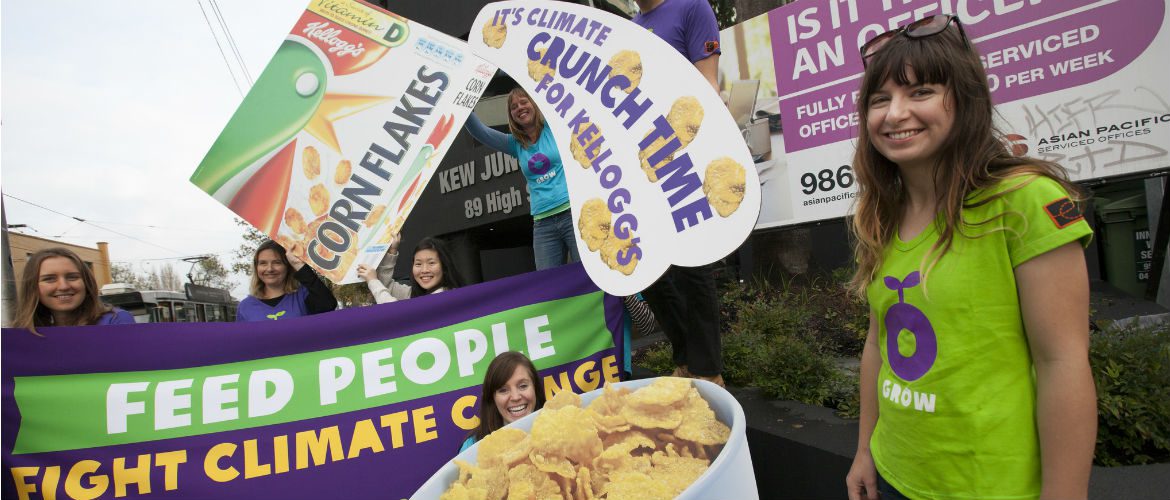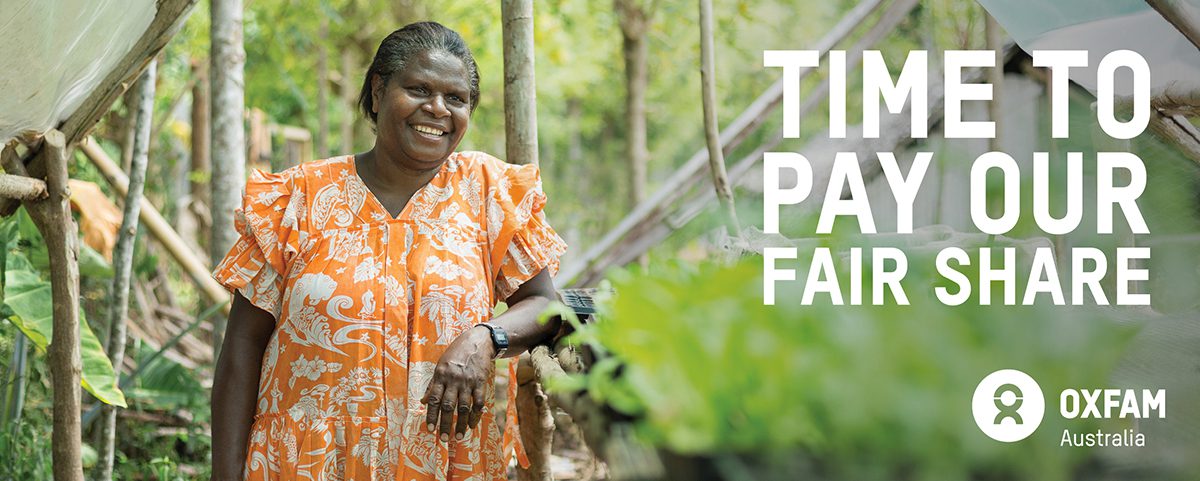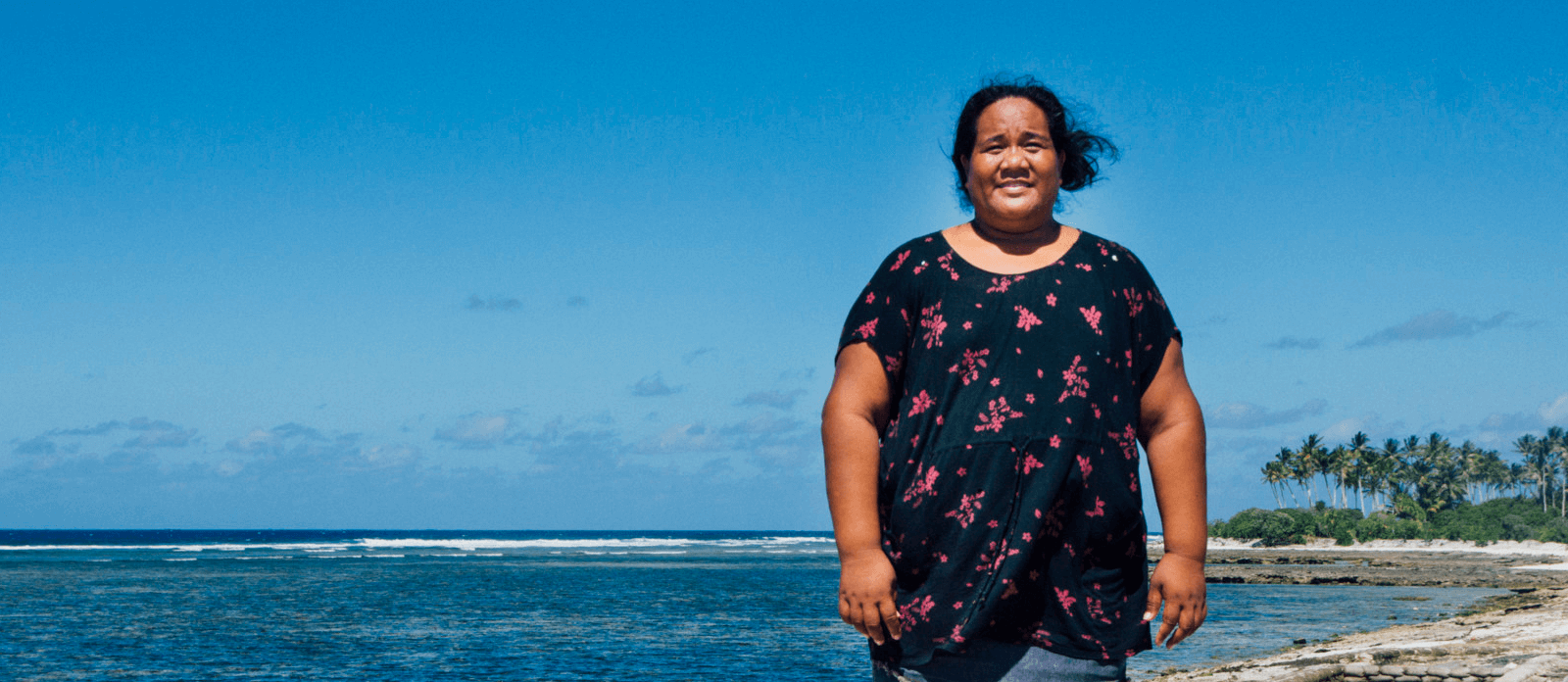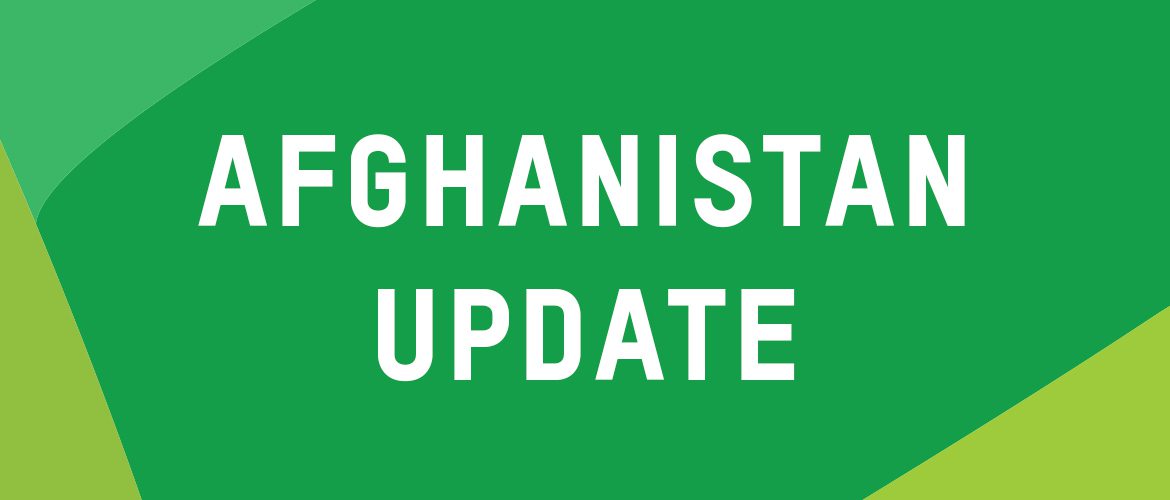It’s been three years since we started the Behind the Brands campaign and we want to thank you for joining us on this journey towards sustainable food.
Behind the Brands started as an idea to change our food system so everyone in the world has enough to eat. We wanted to target the top 10 food and beverage companies and get them to change on seven important issues. Challenging the 10 companies that control most of the food and drink brands you’ll find in the supermarket may sound overly ambitious, but we knew it could be done.
You pushed companies to begin to address impacts on the ground. They listened.
Over the course of the campaign, we saw food giants like Nestlé, Mondelez, Mars, Coca-Cola, PepsiCo, General Mills, and Kellogg change their policies for people and the planet.
And over the course of the campaign, we saw people power move these huge companies. About 700,000 of us raised our voices and companies simply could not ignore us. Jerry Lynch, Chief Sustainability Officer at General Mills confirmed this, stating “[Sustainability is] not only something our consumers and customers support, it’s also good for business.”
After three years of people power, we’re showing you how the companies are ranked now thanks to your pressure. Check out the brands’ overall score:
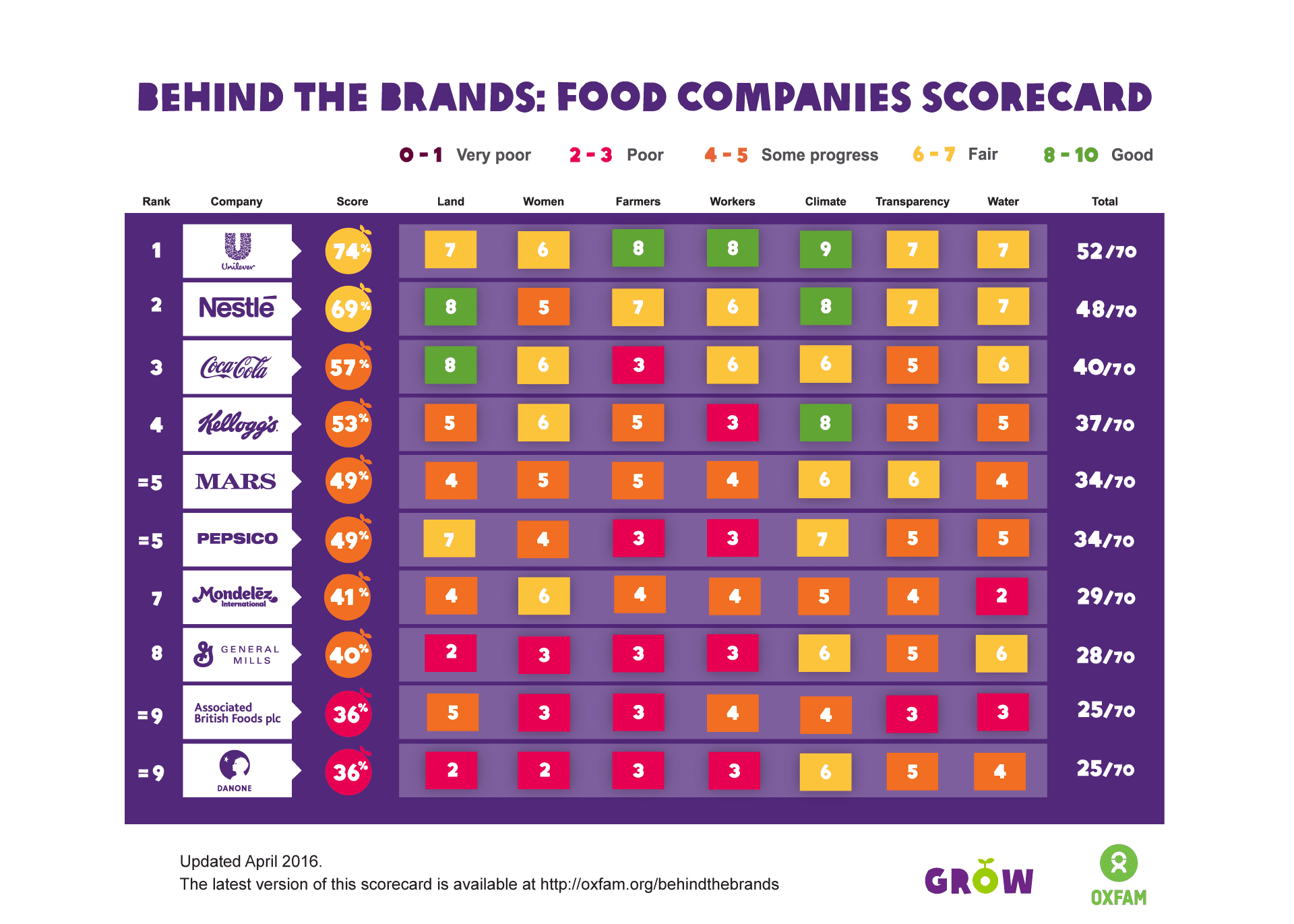
ABF
No reason to celebrate – ABF started out as the weakest of all 10 companies and they still score lowest together with Danone.
Danone
Danone is tied for last place and is doing close to *none* for land, women, farmers and workers.
General Mills
General Mills has some crunch, but can still be doing more for the people in their supply chain.
Mondelez
Mondelez could be sweeter especially with their water policies and is still in the middle of the pack.
PepsiCo
PepsiCo has worked on land and climate change but this soft drink giant has no fizz when it comes to supporting women, farmers and workers in their supply chain.
Mars
Mars isn’t out of this world good, but the company has improved on their water policies and issues faced by their small-scale farmers, women, and workers.
Kellogg
Kellogg snap crackles and pops with the biggest improvement since 2015 but they can still do more for their workers’ rights.
Coca-Cola
Coca-Cola is refreshing when it comes to most themes but falls flat when it comes to supporting farmers.
Nestle
Nestle is sweet, but remains largely unchanged since last year. We want to see more progress!
Unilever
Unilever takes the cake with high scores across the board – there’s still room for improvement though, particularly on women’s rights in their supply chain.
For a more in-depth look at what we’ve achieved in the last three years, check out our new report: The Journey to Sustainable Food: A three-year update on the Behind the Brands campaign
